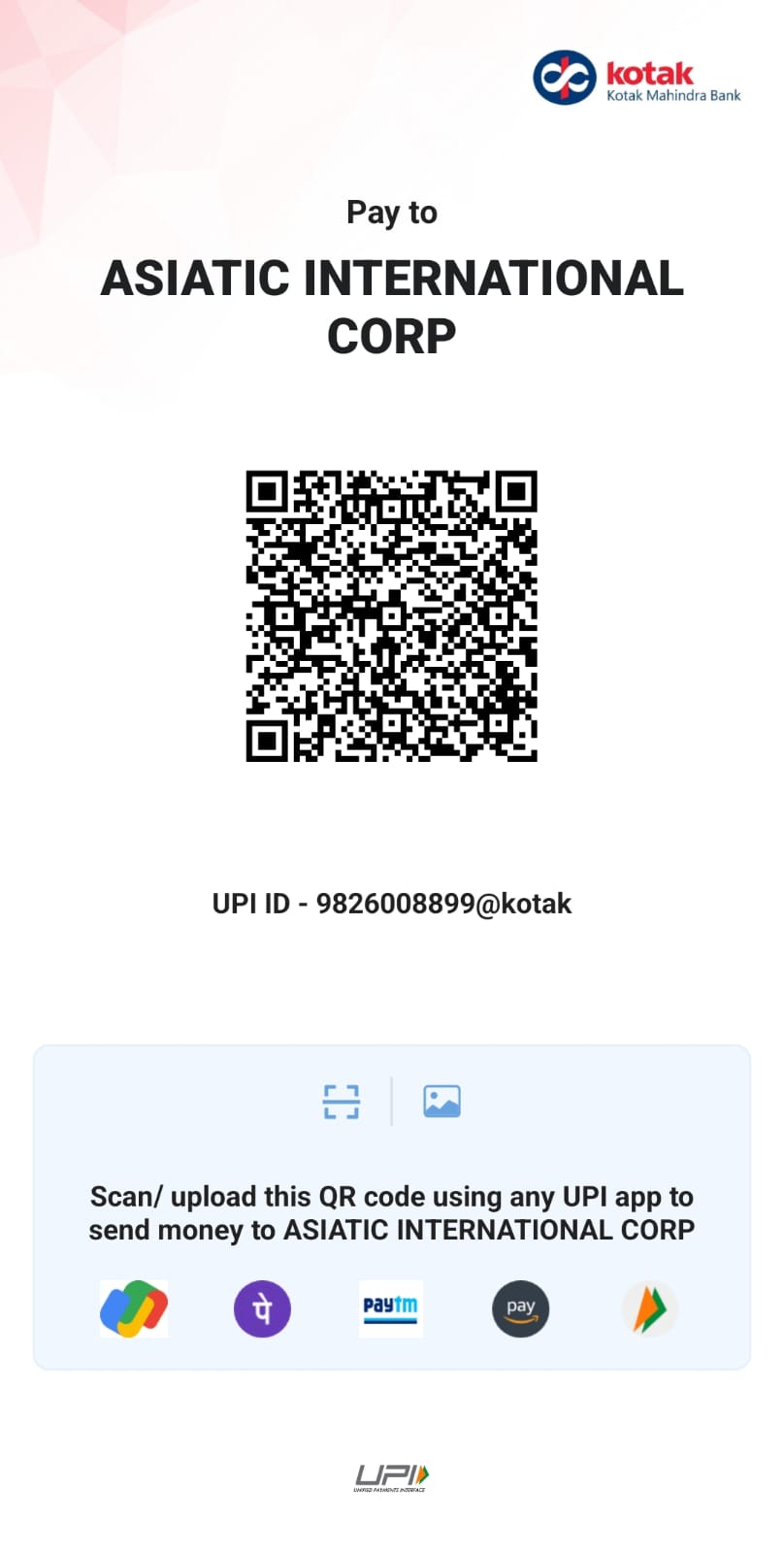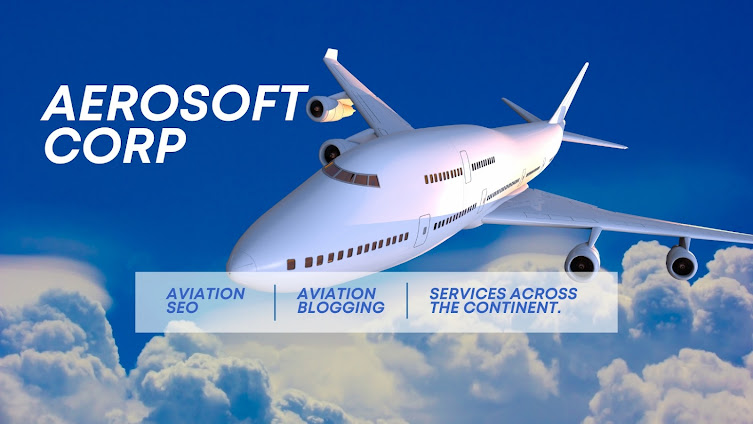How Singapore Airlines Adapts to Changing Travel Trends
Trends in Travel: How Singapore Airlines Adapts to Changing Travel Trends.
In the ever-evolving landscape of global travel, adaptability is key for airlines aiming to stay ahead. Singapore Airlines, renowned for its commitment to service excellence and innovation, stands at the forefront of adapting to changing travel trends. As the world undergoes transformations influenced by technology, global events, and shifting consumer preferences, airlines like Singapore Airlines continually recalibrate their strategies to meet the needs of modern travellers.
This exploration delves into the trends shaping the travel industry and, in particular, how Singapore Airlines is strategically adapting to these shifts. From embracing digital advancements and prioritizing health and safety to redefining the travel experience through personalization, sustainability, and innovative technologies, Singapore Airlines is navigating the complexities of the travel landscape with agility.
Trends in Travel and Potential Adaptations:
1. Digital Transformation:
• Trend: Increased reliance on digital channels for booking, check-in, and in-flight services.
• Adaptation: Singapore Airlines may invest in advanced digital platforms, mobile apps, and online services to enhance the overall travel experience.
• Mobile Apps and Online Booking: Airlines are investing in user-friendly mobile apps and online platforms to enhance the booking experience for travellers. This includes features such as seamless booking processes, personalized recommendations, and easy access to information.
• Blockchain for Security and Efficiency: Blockchain technology is being explored for its potential in enhancing security and efficiency in various aspects of airline operations, including baggage tracking, ticketing, and loyalty programs.
2. Health and Safety Focus:
• Trend: Heightened awareness of health and safety post-pandemic.
• Adaptation: Implementation of rigorous health and safety measures, including enhanced cleaning protocols, contactless services, and updated hygiene standards.
• COVID-19 Safety Measures: Airlines are implementing a range of safety measures to mitigate the spread of COVID-19. This includes enhanced cleaning protocols, mandatory mask-wearing, and social distancing measures at airports and onboard aircraft.
• Digital Health Passports: Some airlines are exploring the use of digital health passports to verify passengers' health status, including vaccination records and COVID-19 test results, providing a streamlined and secure process for health verification.
3. Flexible Booking Options:
• Trend: Demand for flexible booking policies due to uncertainties.
• Adaptation: Introduction of more flexible ticketing options, allowing changes or cancellations with minimal fees.
• Flexible Change and Cancellation Policies: Airlines are increasingly offering more lenient change and cancellation policies, allowing passengers to modify their travel plans with greater ease. This flexibility is particularly important in times of uncertainty.
• Travel Insurance Coverage: Some airlines are collaborating with insurance providers to offer passengers the option to purchase travel insurance that provides coverage for unexpected events, including trip cancellations and medical emergencies.
4. Stainability Initiatives:
• Trend: Growing emphasis on sustainable and eco-friendly travel.
• Adaptation: Implementation of sustainable practices, such as fuel-efficient aircraft, reduced single-use plastics, and carbon offset programs.
• Carbon Offsetting and Reduction: Airlines are increasingly investing in carbon offset programs and adopting measures to reduce their carbon footprint. This includes the use of more fuel-efficient aircraft, optimizing flight routes, and exploring alternative fuels.
• Sustainable Ground Operations: Airports and airlines are working together to adopt sustainable practices on the ground, including energy-efficient terminals, electric ground support equipment, and renewable energy sources.
5. Personalization and Customer Experience:
• Trend: Increased focus on personalized travel experiences.
• Adaptation: Integration of advanced data analytics to personalize services, tailored in-flight experiences, and targeted marketing based on customer preferences.
• Data Analytics and Customer Insights: Airlines are leveraging data analytics to gain insights into passenger preferences, behaviours and travel patterns. This information is used to personalize services, offers, and recommendations.
• Biometric Technology for Seamless Travel: Adoption of biometric technology for streamlined and secure travel processes, including biometric boarding, facial recognition, and touchless experiences at airports.
6. Remote and Business Travel Hybrid Models:
• Trend: Rise of remote work impacting business travel.
• Adaptation: Development of hybrid travel models, catering to both business travellers and those seeking remote work opportunities abroad.
• Flexible Booking and Travel Policies: Airlines are offering more flexible booking options and travel policies to accommodate changing plans and uncertainties related to remote work arrangements.
• Hybrid Meetings and Conferences: Airlines are exploring partnerships with technology providers to facilitate virtual meetings and conferences, recognizing the increasing prevalence of remote work and the need for hybrid event solutions.
7. Partnerships and Alliances:
• Trend: Strategic partnerships and alliances for expanded networks.
• Adaptation: Strengthening partnerships with other airlines, hotels, and travel service providers to offer more comprehensive travel options.
• Global Alliances: Airlines often join global alliances, such as Star Alliance, One world, or SkyTeam, to expand their network reach and offer passengers a broader range of destinations through code-sharing agreements with partner airlines.
• Joint Ventures: Joint ventures between airlines are becoming more common, allowing carriers to collaborate on specific routes, share resources, and coordinate schedules to provide more efficient and comprehensive services.
8. Focus on Premium Services:
• Trend: Demand for premium services and experiences.
• Adaptation: Enhancement of premium cabins, in-flight entertainment, and exclusive services for premium travellers.
• Luxurious Cabin Interiors: Airlines are investing in high-end cabin interiors, offering premium seats, spacious layouts, and luxurious amenities to enhance the in-flight experience for premium travellers.
• Exclusive Lounges: Airlines are enhancing airport lounge facilities for premium passengers, offering a tranquil and upscale environment with premium dining, spa services, and dedicated spaces for work or relaxation.
9. Innovations in Technology:
• Trend: Integration of cutting-edge technologies, such as biometrics and AI.
• Adaptation: Incorporation of technology for seamless travel experiences, from automated check-in processes to smart in-flight features.
• Mobile Apps and Digital Platforms: Airlines are investing in user-friendly mobile apps and digital platforms, providing passengers with features such as mobile check-in, real-time flight updates, and personalized travel itineraries.
• Augmented and Virtual Reality: Augmented and virtual reality technologies are being explored for in-flight entertainment, virtual tours, and immersive experiences to enhance the overall travel journey.
10. Crisis Management and Preparedness:
• Trend: Increased focus on crisis management and preparedness post-pandemic.
• Adaptation: Implementation of robust crisis response plans, flexible operational models, and measures to ensure business continuity.
• Resilience Planning: Airlines are investing in comprehensive resilience planning to prepare for unforeseen events, including global health crises, natural disasters, geopolitical issues, and other disruptions.
• Digital Solutions for Customer Support: Enhanced use of digital channels, chatbots, and virtual assistants to handle increased customer inquiries, rebooking, and other support services during times of crisis.
In the ever-shifting landscape of global travel, Singapore Airlines stands as a beacon of adaptability, crafting its trajectory in response to the nuanced trends shaping the industry. This exploration into how the airline navigates changing travel trends reveals a strategic and forward-thinking approach, rooted in innovation, resilience, and a commitment to delivering unparalleled travel experiences.
Rahul Bharadwaj
Aviation Research Intern
9148325252
www.linkedin.com/in/rahul-bharadwaj-018202263
https://linktr.ee/rahulbharadwaj12
rahul.flyingcrews@gmail.com
www.flyingcrews.com
Shekhar Gupta
Asiatic International Corp
Products
Our Service
.jpeg)
Online Airline Career Counselling
Online Airline Career Counselling and Books orchestrated by Captain Shekhar Gupt... Show more

Online Airline Career Counselling
Online Airline Career Counselling and Books orchestrated by Captain Shekhar Gupt... Show more
.jpeg)
Counselling For Airline Pilot Training
Airline Pilot Training By Capt Shekhar Gupta Author / Pilot Pilot's Career... Show more
Gallery
Payment QR














.jpeg)


.jpeg)



.jpeg)





No comments:
Post a Comment